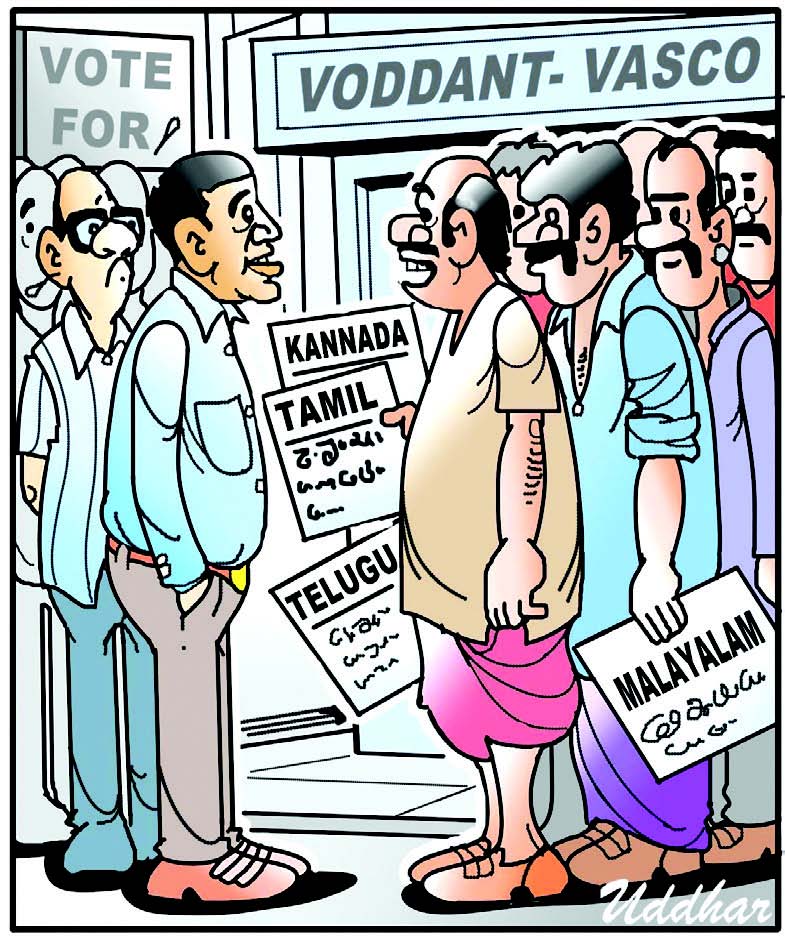23 Apr 2018 | 05:53am IST
In Goa, with 322 cases in last 4 years and 7 rapes per month, conviction rate is just hardly 1.86%
55.2% cases are pending trial; 11.8% resulted in acquittals and 20% cases are under investigation; Top lawyers point out faults in police investigations besides victims or witnesses turning hostile leading to acquittals
PANJIM: With 322 rapes registered in the last four years, what has come as a shocker is that the conviction rate in Goa has been a paltry 1.86 per cent in the same period.
While the conviction rate is just 1.86 per cent, the cases pending trials is more than half which stand at 55.2 per cent. There have been acquittals in 11.8 per cent cases and 20 per cent cases are still under investigation.
To be precise, in the last four years there have been 322 rape cases registered out of which eight have resulted in convictions and 178 are pending trials while 65 are under investigations.
Many opine that poor investigations by police and lack of evidence and witnesses turning hostile are the reasons for the above percentile.
A senior IPS officer, speaking to Herald on condition of anonymity, says majority cases (of acquittals) are under Section 363 of the IPC wherein a girl/woman is taken away from the lawful custody.
“Our analysis shows that most cases are of eloping… Therefore, in many cases, during the trial, the victim does not cooperate with the investigation, which end up in acquittals. In other cases, convictions are more than acquittals,” the officer said.
Public Prosecutor S R Rivonkar said, “The investigating officers should be trained to handle such sensitive cases. Some investigation is not up to the mark (resulting in acquittal) whereas some end up in compromise. Little more care needs to be taken. Offences against women should not be treated like any other normal case”.
The PP further adds that the Government must train the IOs to handle offences against women. “Another drawback is that the IO of a particular case is transferred while his/her case is left half way; and when the new officer takes over the probe he/she doesn’t know the background. In such a situation, the crux of the case is lost and evidence collection is affected,” Rivonkar added.
On the long trials, Rivonkar pointed out to the increasing number of cases, stating on an average 5-10 FIRs are registered daily.
“There is shortage of IOs as against the cases. The total number of cases is more than what was recorded a decade ago. Moreover, the number of judges should also be increased as there are vacancies. The judiciary in consultation with the government should look into this matter. It is high time we need to find a solution,” he says.
Rivonkar, who has also represented the CBI, said he is not criticising any authority/government but seeks a solution.
Assistant Public Prosecutor Archana Bhobe also feels that the investigation, in many cases, is not up to the mark.
“There are also instances wherein victims or some witnesses do not turn up for deposition during the trial. It could be due to long duration of the trial or other reasons,” she says.
She further adds that pendency of cases is high in the lower courts.
“However, there is hardly any delay in the court in dealing with non-private criminal cases (referring to domestic violence, which is usually handled by private lawyers),” she says.
Andrea Pereira of NGO Savera feels that the victim women are pressurised since the time she lodges a police complaint.
“Even if an FIR is registered, she is pressurised or threatened to withdraw the complaint. There are instances wherein victims have filed an affidavit in the court saying she doesn’t want to pursue the case; and accordingly the case is closed,” she adds.
She says, “At times, police and influential people harass the victims resulting in withdrawal of complaints. During the trial stage too, the victims or witnesses turn hostile due to pressure from side of the accused. It is a sad situation that women are living in”.
